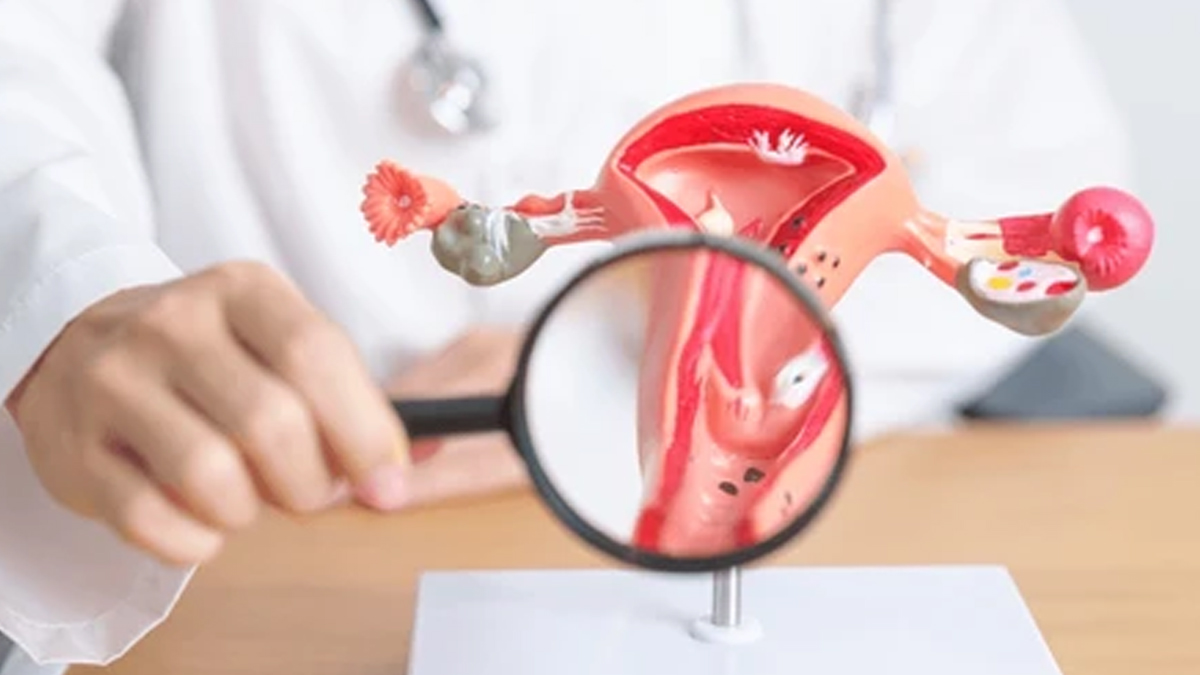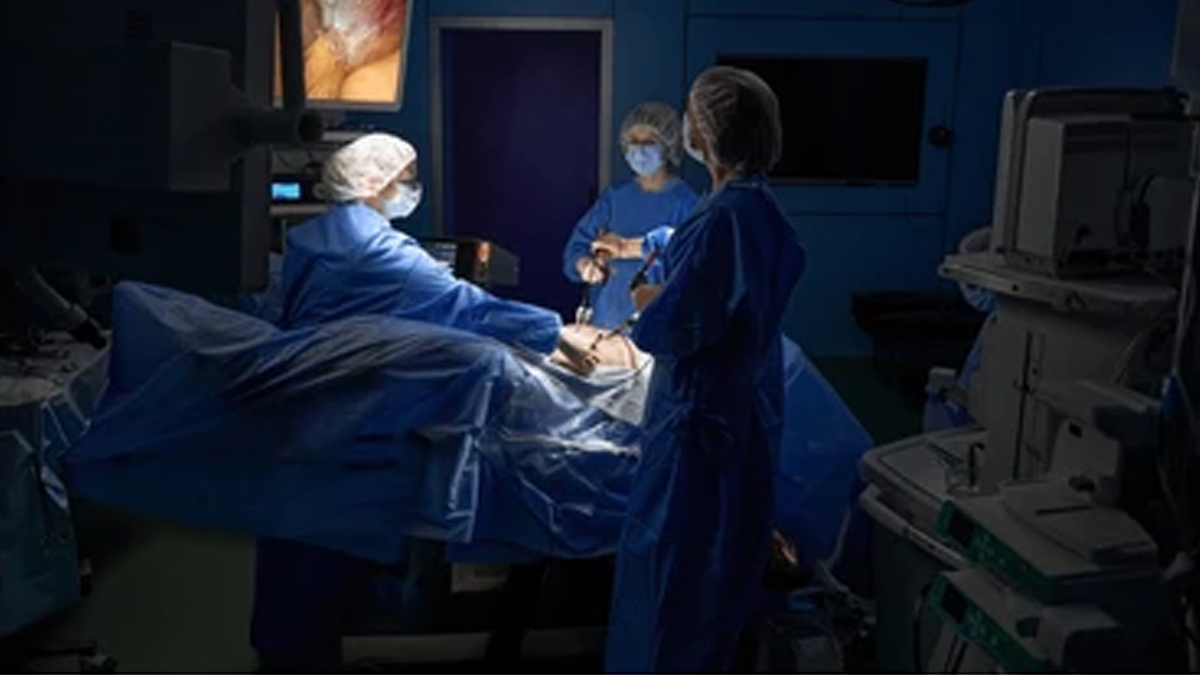
For many women, severe period pain is often dismissed as a normal part of menstruation. However, conditions, such as endometriosis and fibroids can be the underlying cause of excruciating pain, excessive bleeding, and even infertility. These conditions, though common, are frequently misunderstood or overlooked, leaving countless women to suffer in silence.
Table of Content:-
We spoke to Dr Sangita Gandhi, Consultant - Obstetrician and Gynaecologist, Jupiter Hospital, Thane, to understand symptoms, available treatments, and alternative management strategies.
Understanding Endometriosis and Fibroids

Endometriosis is a condition where tissue like the lining of the uterus develops outside the uterus, leading to pain, inflammation, and scar tissue. It can occur in the ovaries, fallopian tubes, and pelvic tissues around them, resulting in sharp cramps, pain during sex, and infertility. The World Health Organization (WHO) estimates that around 10% of women and girls of reproductive age worldwide, approximately 190 million individuals, are affected by endometriosis.
Fibroids, however, are benign growths within the uterus that are of different sizes and quantities. While a few women do not have any symptoms, others suffer from heavy menstrual bleeding, prolonged menstrual periods, pelvic discomfort, and bladder or rectal pressure.
Also Read: PMS VS PMDD: Expert Explains The Difference Between The Two
Are Surgery and Pain Medications the Only Solutions?

Over the years, pain relief drugs and surgery have been the primary treatment for these ailments. "Procedures, such as hysterectomy (uterine removal) or laparoscopic surgery removal of fibroids or endometrial growth) are usually advised for severe cases. Though these operations may bring relief, they are risky, such as longer recovery periods and possible complications. Moreover, surgery does not necessarily stop the recurrence of the issue," explained Dr Gandhi.
"Pain management is another general approach through Nonsteroidal Anti-Inflammatory Drugs (NSAIDs) and hormonal treatment, such as birth control pills, Intrauterine Equipment (IUD), or Hormone Replacement Therapy (HRT)," added Dr Gandhi. While effective for many, these medications often come with side effects and may not be a long-term solution for everyone.
Also Read: Period Panties: Safe, Hygienic, Or Overhyped? Here's What The Expert Says
Alternative and Holistic Approaches
There are other ways of managing these conditions. Here are some non-surgical and drug-free methods to manage endometriosis and fibroids, as listed by the expert:
- Dietary Modifications: Reducing the consumption of inflammatory foods like processed sugars, dairy, and red meat and eating more anti-inflammatory foods like leafy greens, berries, nuts, and omega-3-rich fish can help. Some women also find relief by going on a plant-based diet or an anti-inflammatory diet.
- Exercise and Physical Activity: Daily low-impact exercises, such as yoga, Pilates, and walking can decrease pelvic pain by enhancing blood flow and alleviating stress. Exercise also balances hormones, which could help ease symptoms.
- Stress Reduction: Chronic stress can worsen symptoms. Incorporating mindfulness practices, such as meditation, deep breathing, and acupuncture can help manage stress and reduce pain levels.
- Herbal Remedies: Some herbal supplements like turmeric, ginger, chasteberry, and evening primrose oil aid in reducing inflammation and restoring hormone balance.
Hormone therapy, such as birth control pills and hormone replacement therapy, controls symptoms for the majority. Advances in medicine also provide less invasive interventions, such as MRI-guided focused ultrasound and uterine artery embolisation for fibroids.
Making Informed Choices
Dr Gandhi concluded, "Being well-informed about the condition and getting proper medical advice is important. Every woman has a different body, and one thing that would work for another may not necessarily work for them. Trying things out and making informed choices can lead to better health in the long run. Alternatives should be persuaded to discuss options with their physicians instead of being forced to go for surgery or lifelong treatment. Creating awareness about these concerns and fostering open debate can lead to more women developing solutions that meet their needs."
[Disclaimer: This article contains information provided by an expert and is for informational purposes only. Hence, we advise you to consult your professional if you are dealing with any health issue to avoid complications.]
Also watch this video
How we keep this article up to date:
We work with experts and keep a close eye on the latest in health and wellness. Whenever there is a new research or helpful information, we update our articles with accurate and useful advice.
Current Version